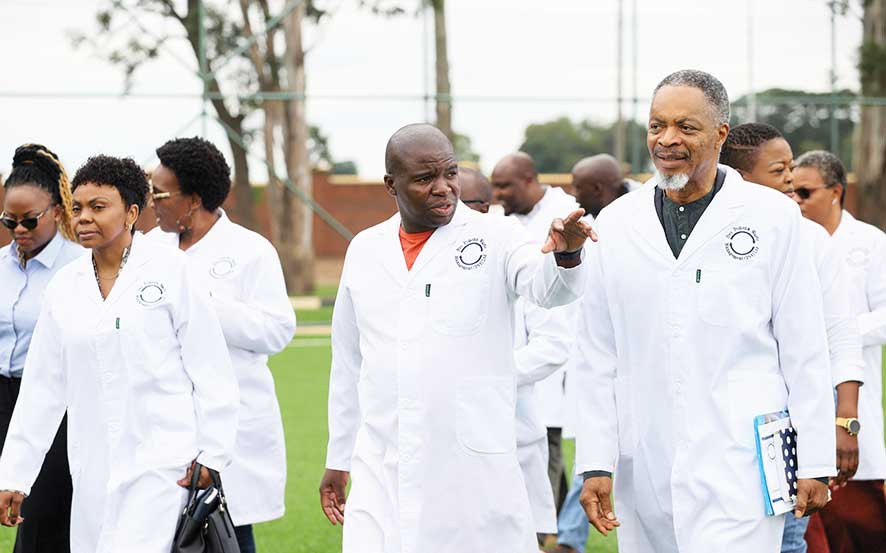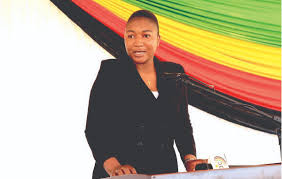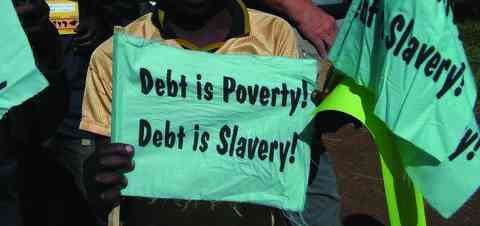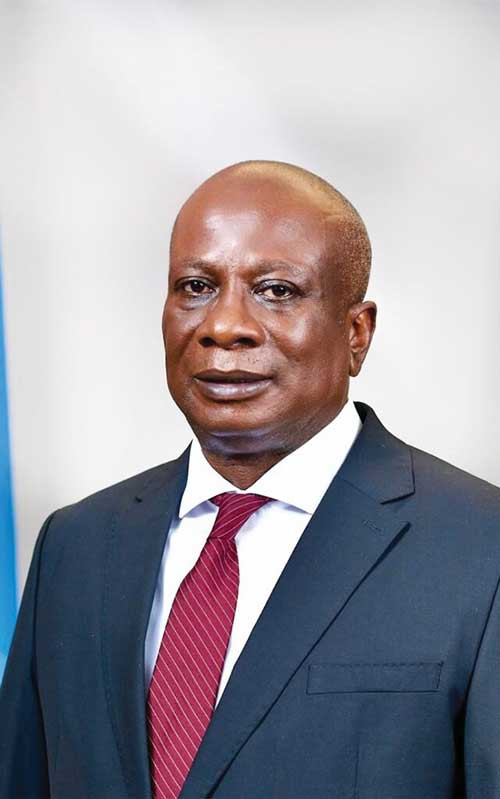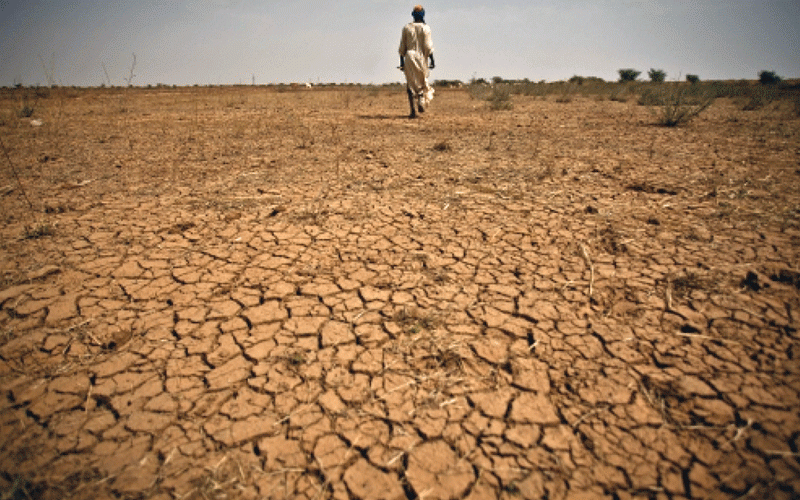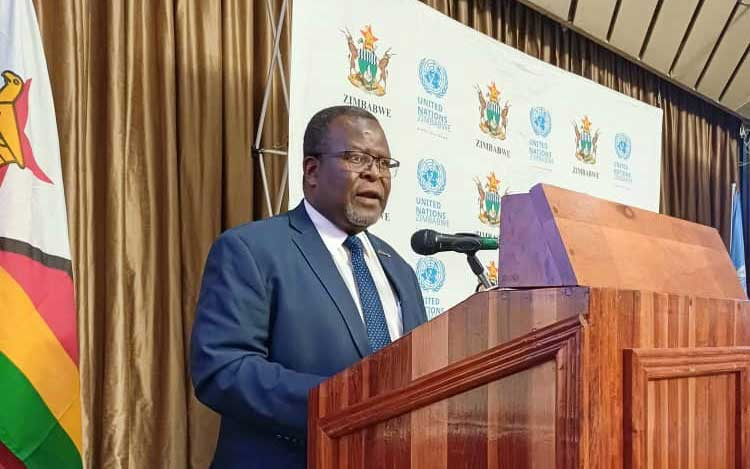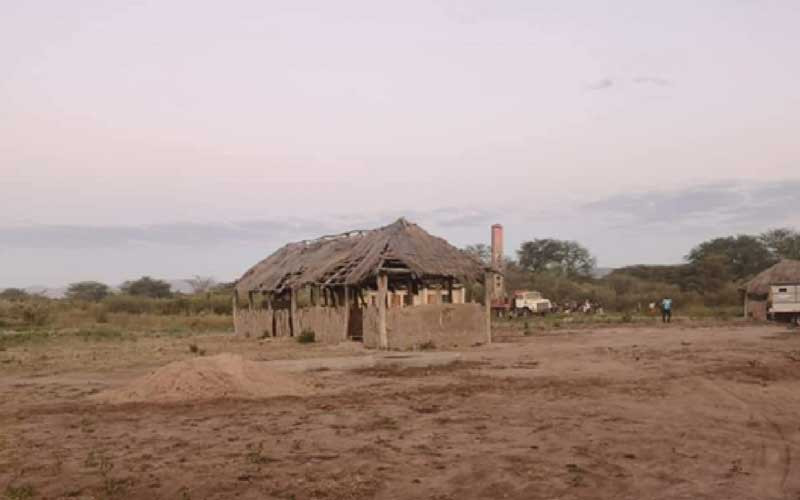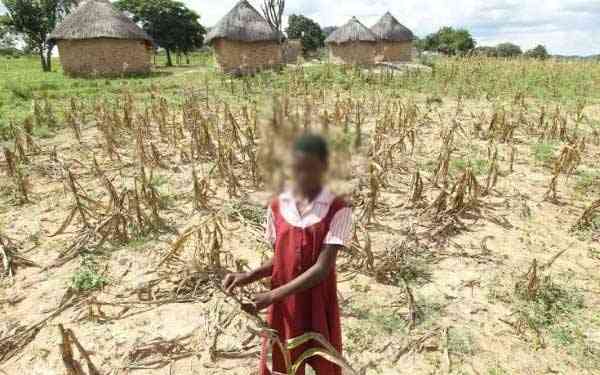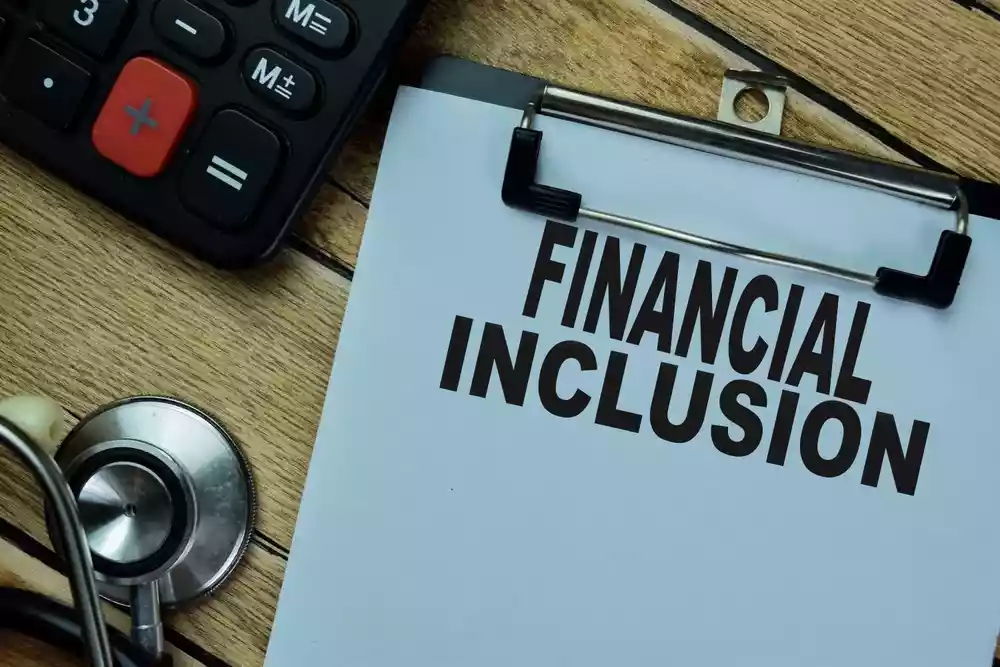Geo Pomona project charms UN
The UN representatives expressed hope that the Geo Pomona model can be replicated throughout Zimbabwe and beyond.
By Problem Masau
Apr. 15, 2024
Bulawayo hailed for pioneering culture
Sports, Recreation, Arts and Culture deputy minister Emily Jesaya showered praise on Bulawayo City Council for its various measures of preserving culture.
By Innocent Magondo
Mar. 23, 2024
Alarming African debt crisis (II)
The IMF quota system is primarily a function of an economy’s size and relative position in the world economy.
By Zvikomborero Sibanda
Mar. 22, 2024
Grassroots key to Zim’s development
Little wonder there is so little process and regression in the journey towards achieving the SDGs.
By Newsday
Mar. 18, 2024
Responsible consumption, production: A very difficult goal to attain
Some countries manage their resources as if there is no tomorrow, or as if no one would come after them.
By Peter Makwanya
Mar. 18, 2024
Govt misses SDG timelines
Damasane said government has embarked on a deliberate initiative to devolve governmental responsibilities to provincial and local authorities.
By Brent Shamu
Mar. 15, 2024
Letters: Why Zimbabwe’s education system is in decline
In Zimbabwe, health and education have been found wanting owing to a myriad of governance factors which underplay optimum service delivery.
By Amh Voices
Mar. 10, 2024
Upscaling horticultural production amid climate change
Soil conditioning, improving structure of soil, promoting water retention and stabilising soil surfaces as horticulture need adequate water resources to harvest.
By Peter Makwanya
Mar. 4, 2024
Talking Point: Govt must grant financial inclusion, informality and sustainable development
An increase in financial inclusion can reduce informality through direct and indirect channels.
By Amh Voices
Feb. 10, 2024
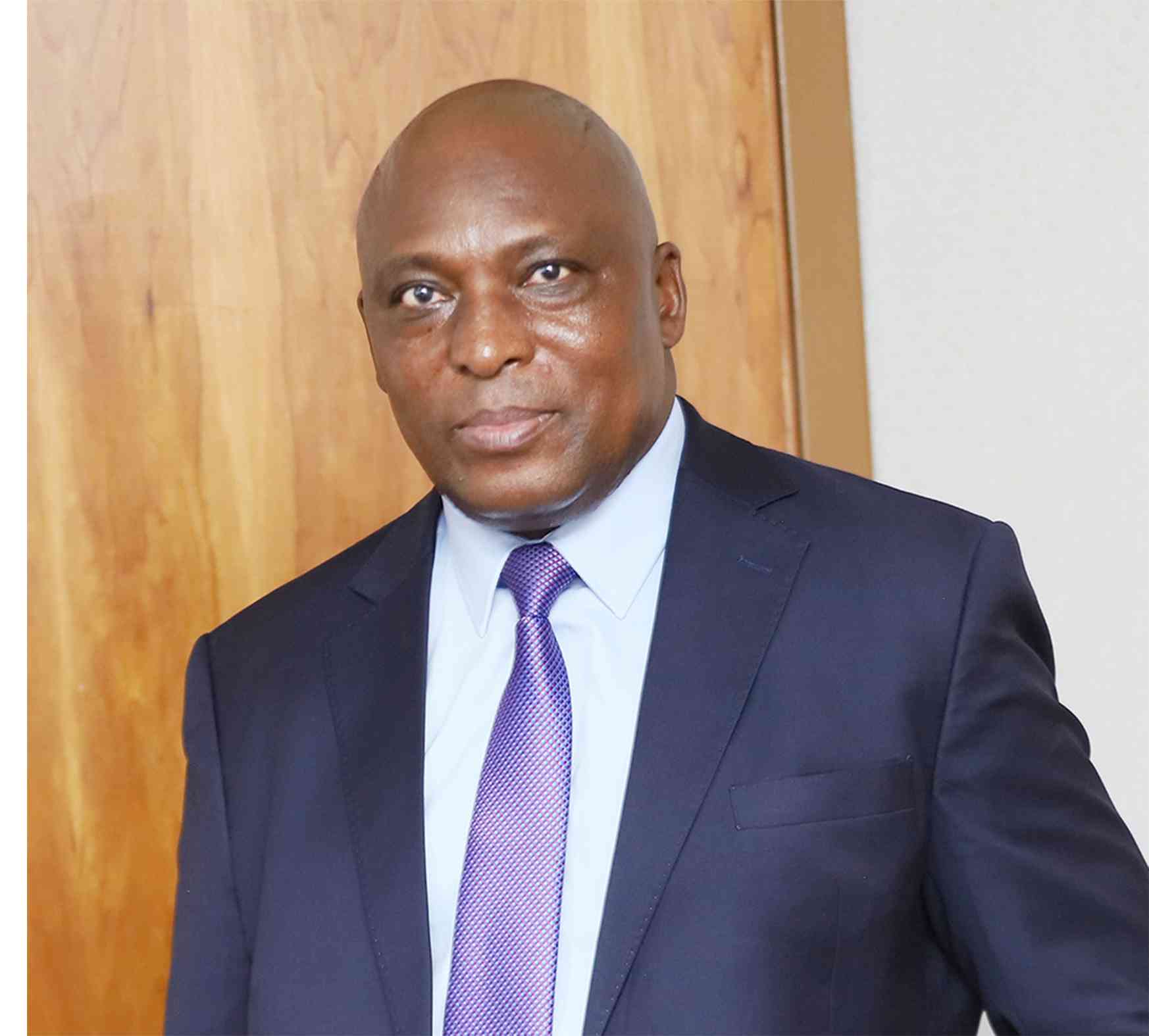
Banks, Zimra struggle with ZiG switchover
Local News
By Vincent Mungofa and Tinashe Kairiza
Apr. 19, 2024
Uproar as Zimparks seals off Vic Falls …tourists barred to make way for private event
Local News
Apr. 19, 2024

